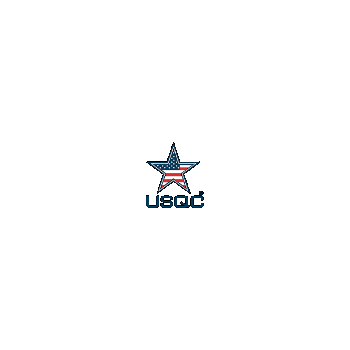PRACTICAL COMPUTER SIMULATION APPLICATIONS IN GAS PROCESSING
About the course
This full 5-day course covers sweet gas processing and NGL extraction, using a commercial simulator to perform calculations. A basic working knowledge of the commercial process simulation package used (generally UNISIM) is suggested to achieve the course learning objectives. Volumes 1 and 2 of the John M. Campbell textbooks, Gas Conditioning and Processing, are the basis for the material presented, coupled with a ‘red thread’ comprehensive exercise based on a typical gas processing facility (can be applied to onshore or offshore facilities). The exercise is developed in stages as the material is covered. Participants will develop a comprehensive process simulation that includes a dew point control process, a mechanical refrigeration process with economizers, hydrate inhibition using MEG, and NGL liquid product stabilization with recycle.
NOTE: The individual exercises include condensed gas processing fundamentals drawn from the internationally famous Campbell Gas Books Vols. 1 & 2.
Designed for
Engineers that require practical in-depth training on natural gas processing and NGL recovery processes, with emphasis on the use and benefits of a simulation package.
you wil learn
To determine the water content and hydrate formation conditions for gas streams using both a commercial process simulator and hand calculation methods
Techniques to inhibit hydrate formation, including injection of equilibrium inhibitors such as methanol and MEG
Preliminary design and evaluation of TEG dehydration processes using quick hand calculations
Process design used to control the hydrocarbon dew point of sales gas streams by removing NGLs using mechanical refrigeration processes
Various techniques to optimize mechanical refrigeration systems
How to use the process simulator to evaluate the impact that pressure and temperature changes have on the sizing of process equipment and levels of NGL recovery
How to use short-cut distillation calculations to provide input to rigorous distillation simulations in order to obtain faster convergence
Which thermodynamic property correlations are appropriate for various gas processing systems
Limitations associated with commercial simulation packages and how the results can be quickly checked for relative accuracy
course content
- Physical properties of hydrocarbons
- Qualitative phase behavior
- Vapor-liquid equilibrium
- Water-hydrocarbon equilibrium
- Basic thermodynamic concepts
- Separation equipment
- Heat transfer
- Pumps
- Compressors
- Refrigeration
- Fractionation/distillation
- Glycol dehydration
- Adsorption dehydration

